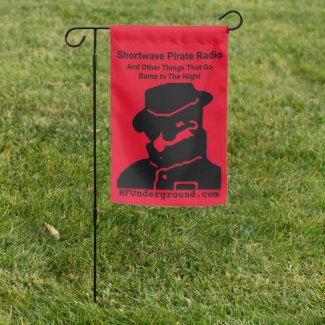Arguing that this is better than Morse because it "requires no training" is a silly argument, IMO. It's not the "training" that matters here.
When you are ready to receive this stuff, you will have your little look-up table in front of you and you are going to decode each character one at a time. Once you have done this enough, like any language including Morse, you will begin to recognize a growing number of patterns and you will gradually not have to look at the table to understand characters. Eventually recognizing them all will become second nature.
You can start off decoding Morse with a look up table (not my recommended method but...) and eventually you would have it all in your brain anyway by the same process. For this reason, I don't buy into the "ease and accessibility" argument here. The person who wrote this has never learned or acquired a second or third language.
The other technical aspects are part of information theory, specifically symbols and coding. I would argue that the benefit of not having to use long dashes is potentially outweighed by the probability of longer transmission times. Keep in mind that, at least in the English language, the two most used letters, "E" and "T", are the simplest Morse characters whereas they won't be in this language.



